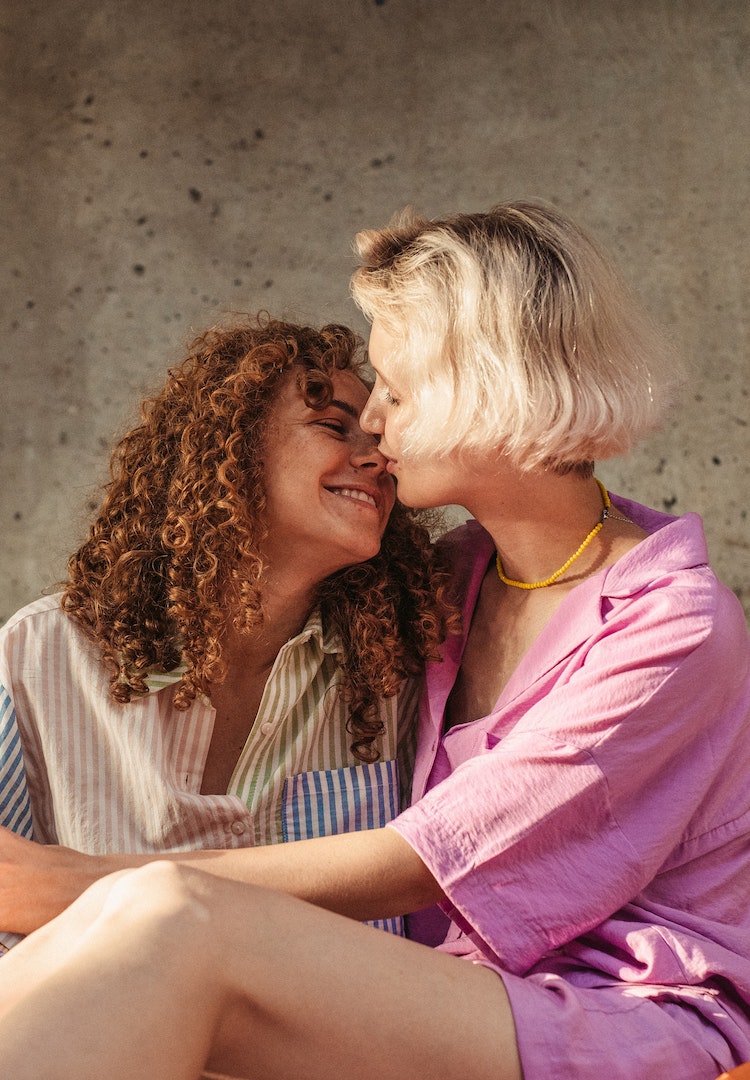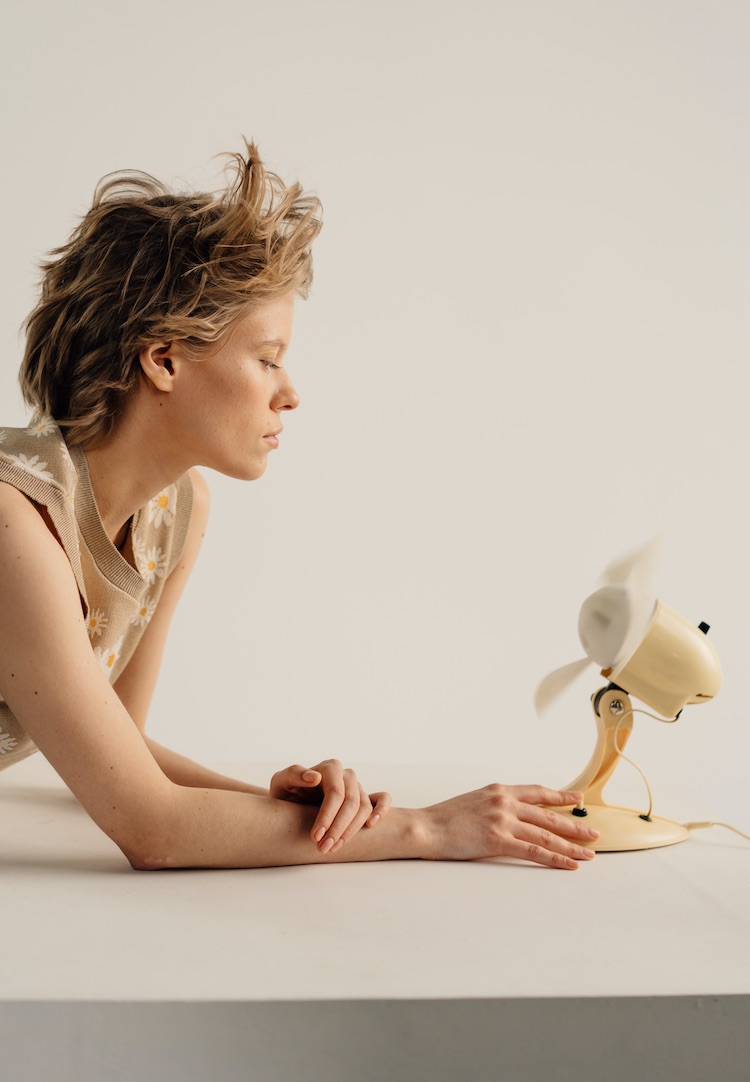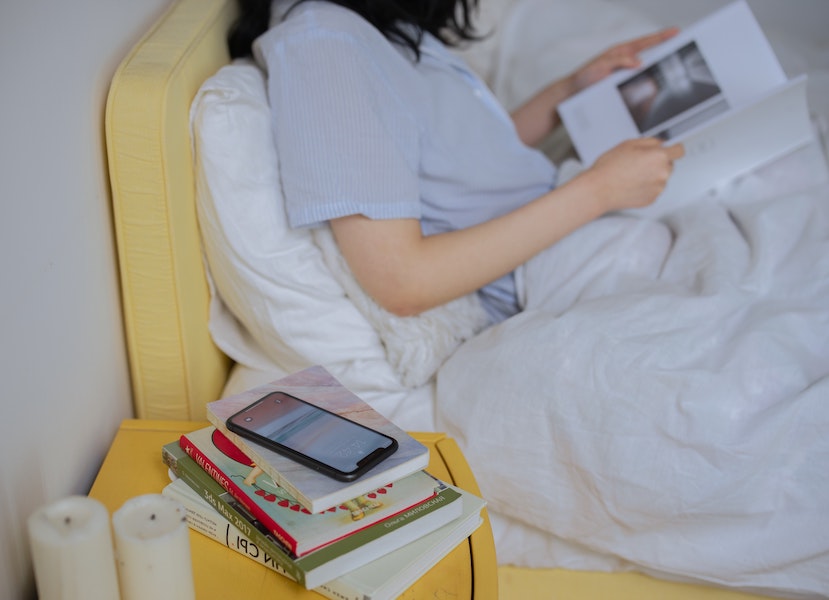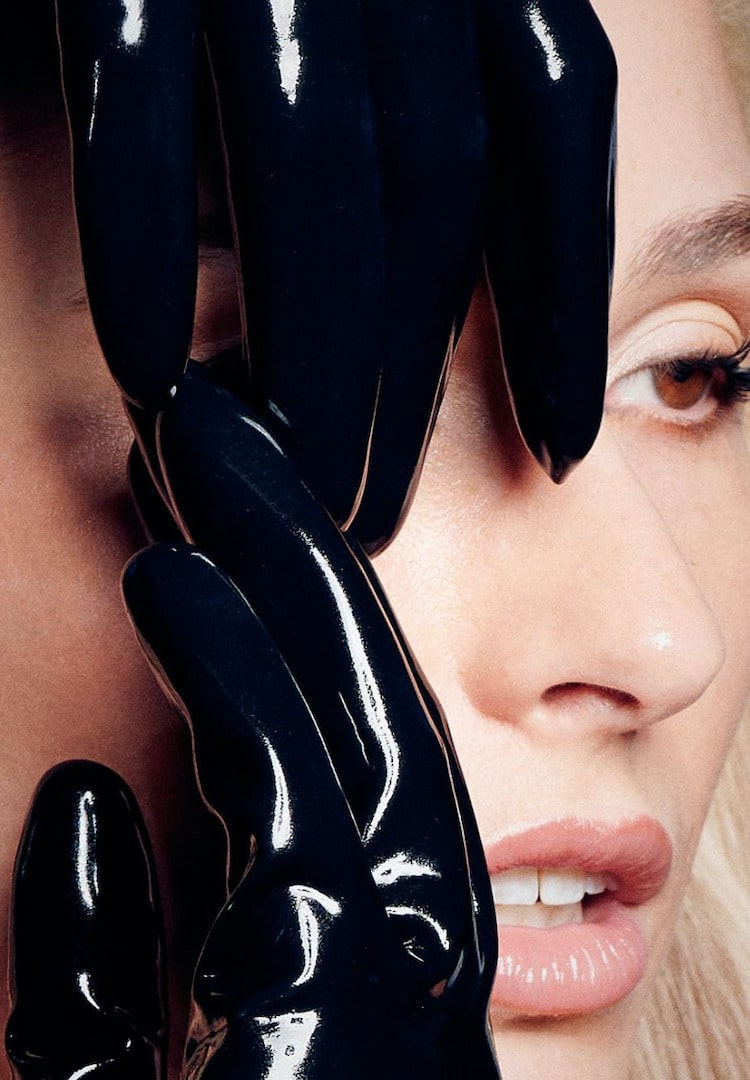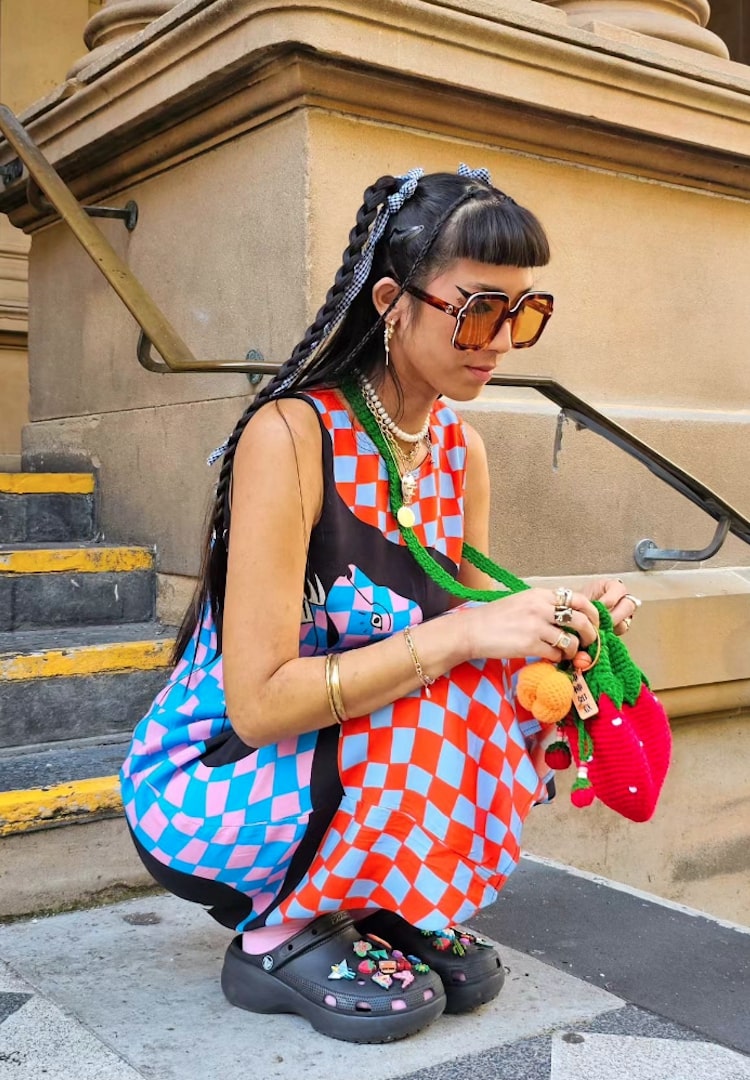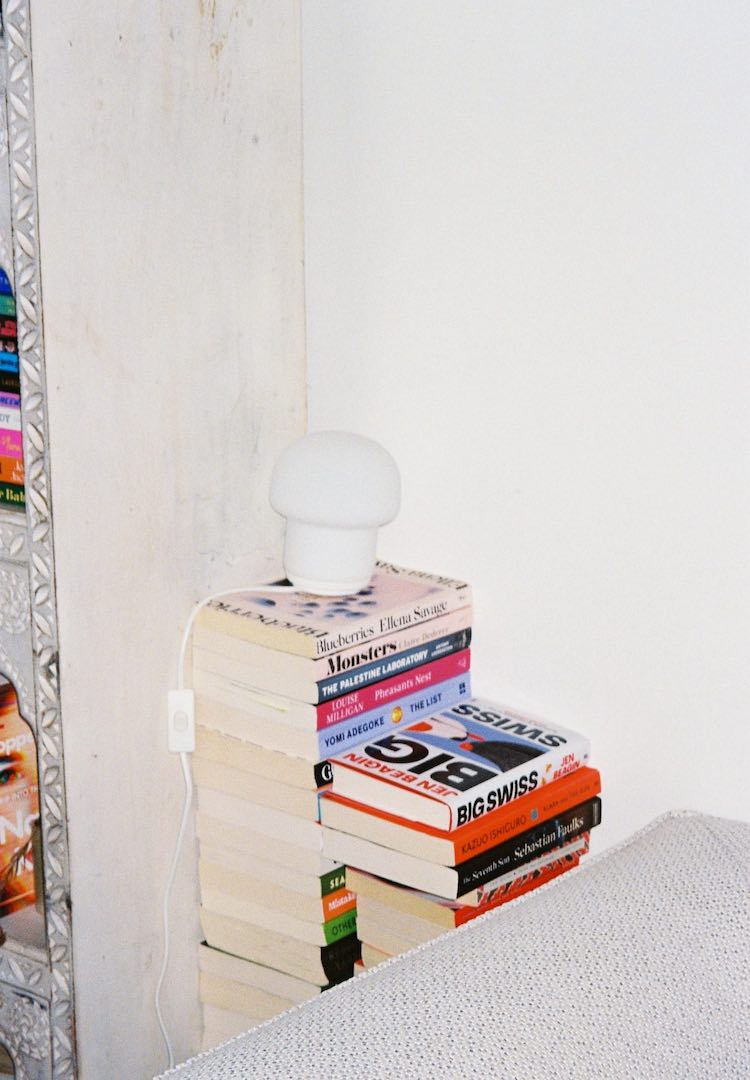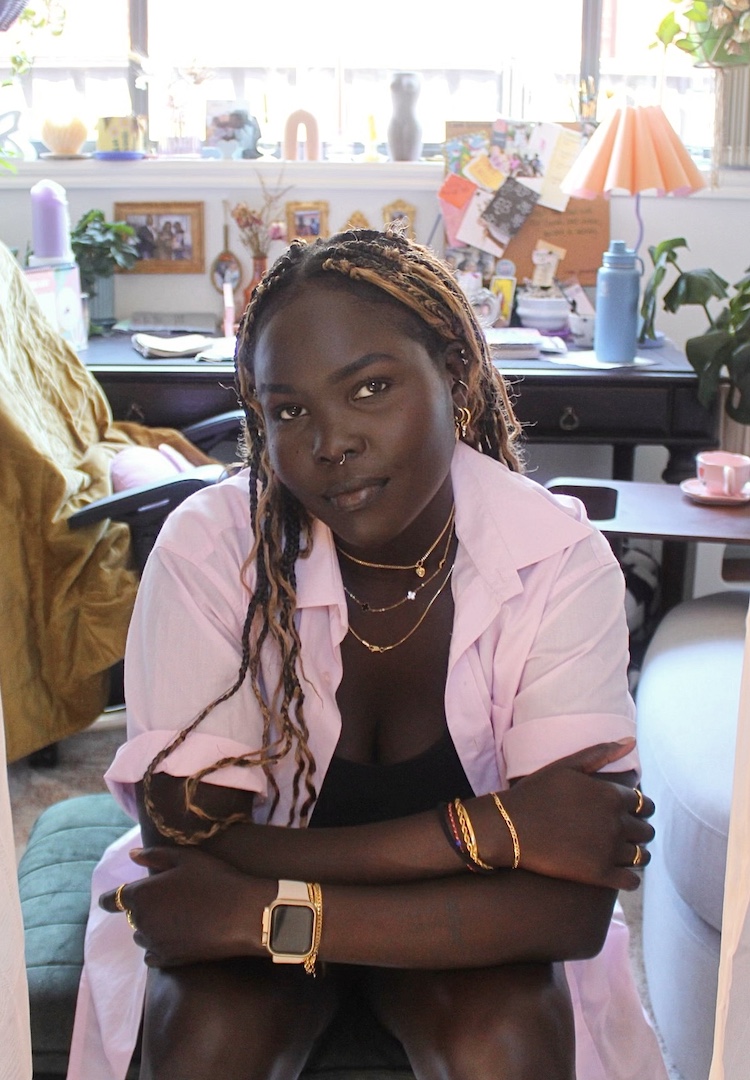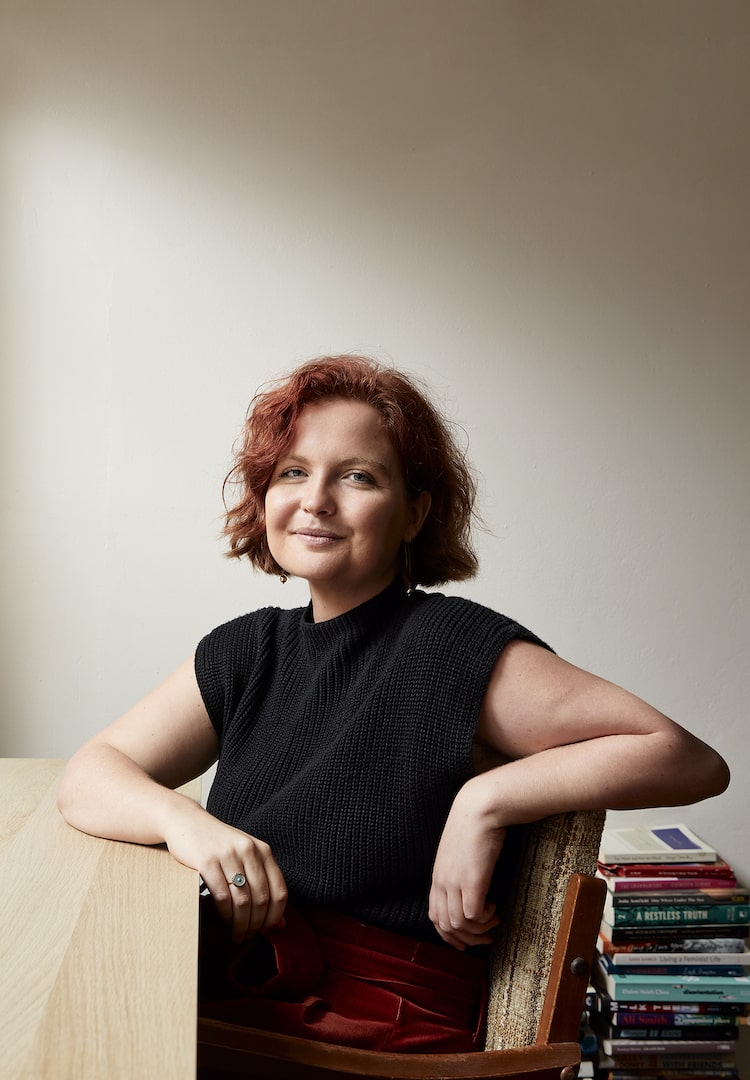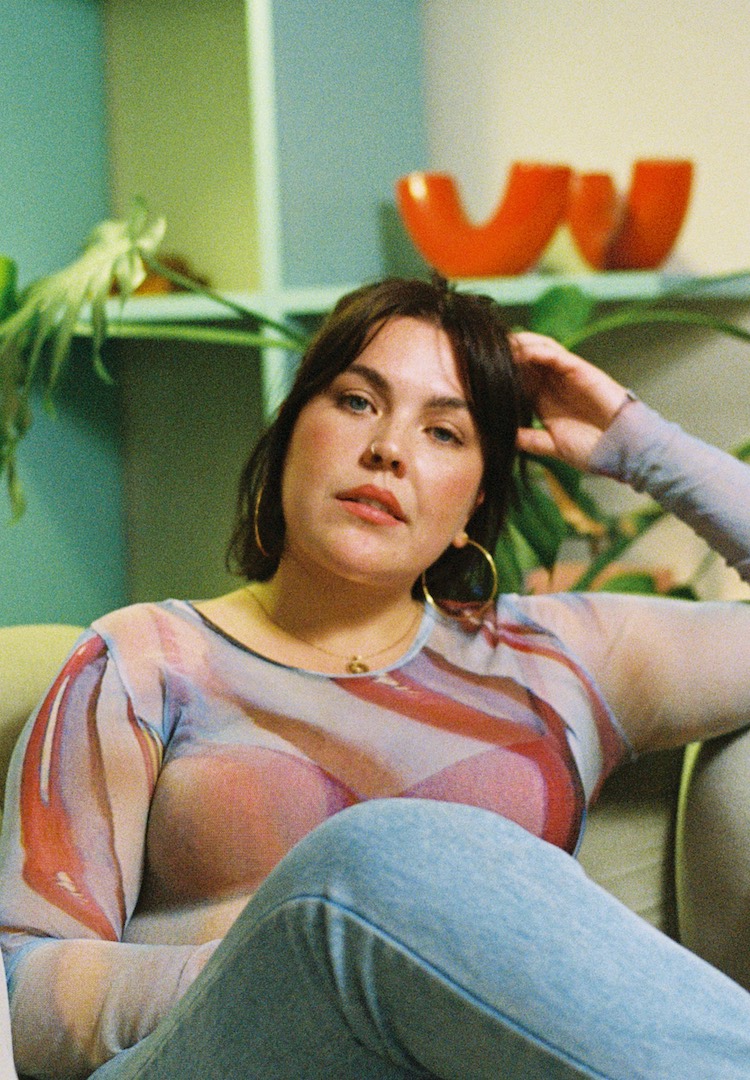Feminist books by Australian authors to add to your reading list
WORDS BY CAITLIN CEFAI
“As a writer, I understand the power our words and minds have to create and change reality.”
Once a year the Melbourne city centre becomes a hub for budding writers, curious journos and readers of all ages who want to explore the literary world and learn about writing in all its forms. It’s all possible because of the Melbourne Writers Festival, where amateurs and experts alike can network and discover more about the written word.
Looking to pick up a new read? Browse our directory of independent bookstores.
I attended for the first time this year, and the events I attended shaped my writing skills, opened my eyes to different cultural perspectives and helped me recognise my privilege as a White woman in the journalism space. I’ve rounded up my top four feminist picks from the festival and shared why they should absolutely be added to your To Be Read (TBR) list. As an added bonus, they’re all written by Australian women.
On Reckoning by Amy Remeikis
View this post on Instagram
Amy is herself a victim/survivor of sexual assault, and recounts in detail her experiences but not as a warning to young women. Instead, Amy shares her story in solidarity with those who have suffered from sexual violence, with the intention of creating a safe space of unity for victim/survivors.
On Reckoning is a story of Amy’s rage towards a country and government plagued by inaction; it’s a reminder that when this rage is harnessed, it can be the start of a social revolution. “If people in power can’t understand why we need to have these conversations [about gendered violence in Australia] and why this is happening, and I’m someone that looks like one of their daughters, how hard is it for anyone that doesn’t?” Amy said at her Writers Festival panel.
Get it here.
Desi Girl by Sarah Malik
View this post on Instagram
Sarah Malik built her career in the early 2000s, working her way through the newsrooms, often as the only culturally and linguistically diverse woman in the space. Her book Desi Girl recounts her journey as a Pakistani-Australian girl, growing up in a post-September 11 world and how that impacted her journey to becoming a Walkley-award-winning investigative journalist for SBS.
At Melbourne Writers Festival, Malik openly shared her experiences of racism, family and growth. She encouraged other women of colour to take hold of every opportunity and challenge those in power who take their knowledge and expertise for granted.
“As a writer, I understand the power our words and minds have to create and change reality,” Sarah writes in the chapter Adventures in Wellness. Throughout Desi Girl, she explores how positive thinking and mindfulness could not cure her feelings of self-doubt as a brown woman, calling it “toxic positivity”. Instead, Sarah uses personal reflection to tell her story and help other South Asian women know that they’re deserving of a place in the media world.
Get it here.
Legitimate Sexpectations by Katrina Marson
View this post on Instagram
Legitimate Sexpectations by Katrina Marson is a creative approach to exploring how the Australian attitude towards sex education is complex and confusing and is in need of reform. Through several short stories about sexual encounters between young people, Katrina uses her experience as a sexual offences prosecutor to highlight the failings of the legal system. These stories show how the current state of sex education is a by-product of Australia’s misogynistic and sexist culture.
Katrina is passionate about encouraging people to use their platform to share the stories of marginalised communities who face sexual violence and are often ignored in their pleas for change. “Storytelling that we engage in should not be suggesting that nationally there is a homogeneity to survivor experiences,” Katrina said at the Writers Festival. “There are disabled survivors, people of colour, and others who are seeking justice. It can be an incredibly difficult path for anyone.”
Get it here.
How to Lose Friends and Influence White People by Antoinette Latouff
View this post on Instagram
As the co-founder of Media Diversity Australia, Antoinette Latouff is a storyteller with a focus on inclusion. Antoinette, who was raised in Western Sydney, experienced an Australia that treated her immigrant Lebanese parents with violence and racist contempt.
Since then, her work as a journalist at some of the biggest networks in the country has allowed her to share her story, and spotlight the sufferings and joys of culturally and linguistically diverse Australians.
Antoinette’s debut novel, How to Lose Friends and Influence White People, explores the concept of power and how we can harness it to create real change. “While challenging [systemic racism] is empowering some to find their voices for the first time, it’s making others who were complacent pretty darn uncomfortable,” Antoinette writes. “And you know what – I’m okay that it’s not as cushy for them anymore!”.
Get it here.
To find more feminist reads, head here.

